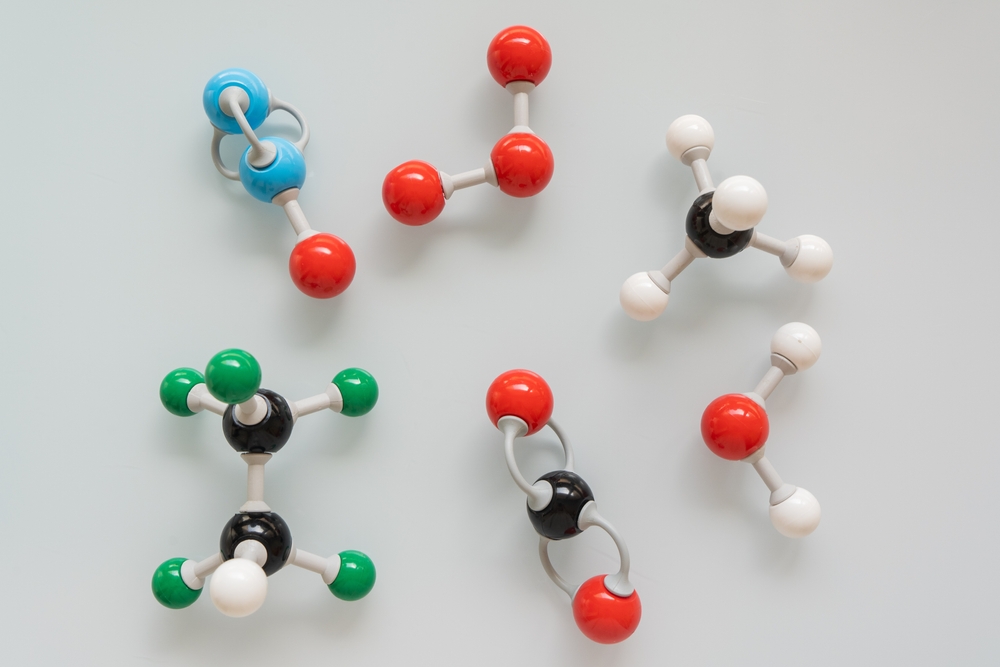Last month, the U.S. Senate consented to ratification of the Kigali Amendment to the Montreal Protocol on Substances that Deplete the Ozone Layer. The vote, 69–27, showed strong bipartisan support for the measure. The United States will soon join 137 other countries that have already ratified the Kigali Amendment, according to a media note issued by the U.S. Department of State.
The Kigali Amendment calls for a gradual reduction in the consumption and production of hydrofluorocarbons (HFCs), which are potent greenhouse gases (GHGs).
The U.S. environmental and business communities strongly support ratification of the Kigali Amendment to help ensure U.S. industry remains a global leader in the development, manufacturing, production, and deployment of HFC alternatives. Industry estimates indicate that U.S. ratification will support 33,000 new U.S. manufacturing jobs and generate $12.5 billion in new investments in the U.S. economy over the next decade, according to the State Department.
Ratification of the Kigali Amendment will be an asset for innovative American companies that have developed alternatives to HFCs and will help them export U.S. technology to overseas markets.
The Montreal Protocol, which also regulates the production and consumption of ozone-depleting substances, is expected to restore the stratospheric ozone layer by 2065, avoiding 443 million cases of skin cancer, approximately 2.3 million skin cancer deaths, and more than 63 million cases of cataracts in the United States alone, with even greater benefits worldwide.
In actuality, ratification of the agreement will have very little domestic industry impact “because the United States has already implemented an HFC phase down program under the American Innovation and Manufacturing Act (AIM) that mirrors the requirements of the Kigali Amendment,” says a Lexology article by Beveridge & Diamond P.C. “[The] EPA currently has two proposed rules under the AIM Act that OMB is reviewing, and that would continue the United States’ curtailment of HFCs at home.”
The Kigali Amendment to the Montreal Protocol marks the first global climate change agreement since the 1992 Framework Convention on Climate Change.
Once the president submits the ratification and the United States officially becomes a party to the amendment, the United States will no longer be subject to Article 4 trade restrictions, which prohibits trade with nonparties to the amendment. Although those restrictions have not yet been enforced, they would eventually stop the United States from trading HFCs with countries that are parties to the amendment.
“U.S. ratification of the Kigali Amendment will mark a major step for incorporating multilateral environmental agreements into domestic law,” adds Beveridge & Diamond. “The United States remains a non-party to several major multilateral environmental agreements, including the Basel Convention on the Control of Transboundary Movements of Hazardous Wastes and their Disposal, the Rotterdam Convention on the Prior Informed Consent Procedure for Certain Hazardous Chemicals and Pesticides in International Trade, and the Stockholm Convention on Persistent Organic Pollutants.”

